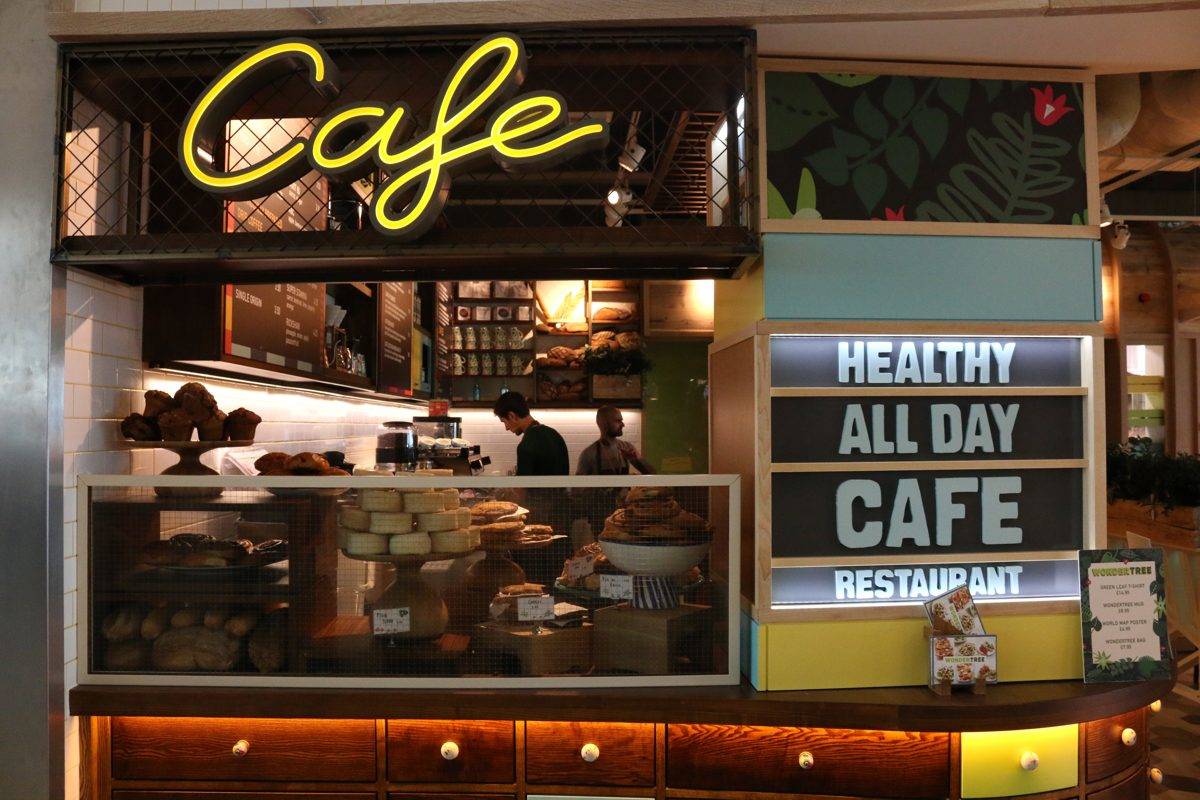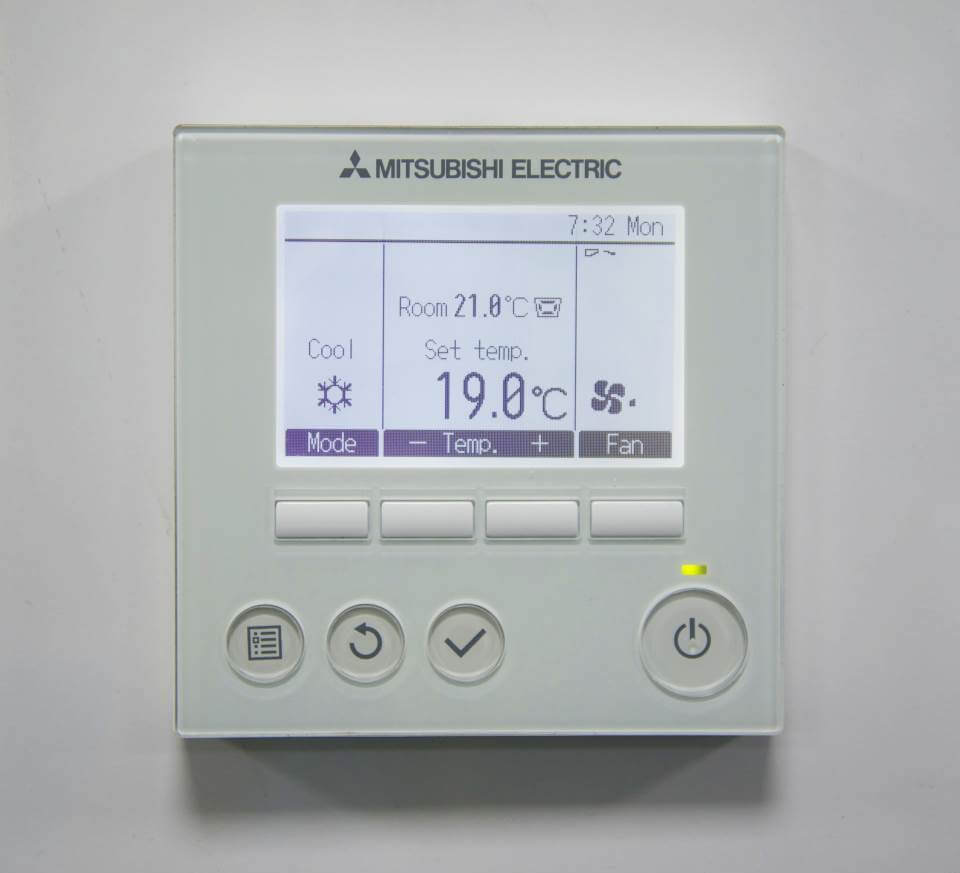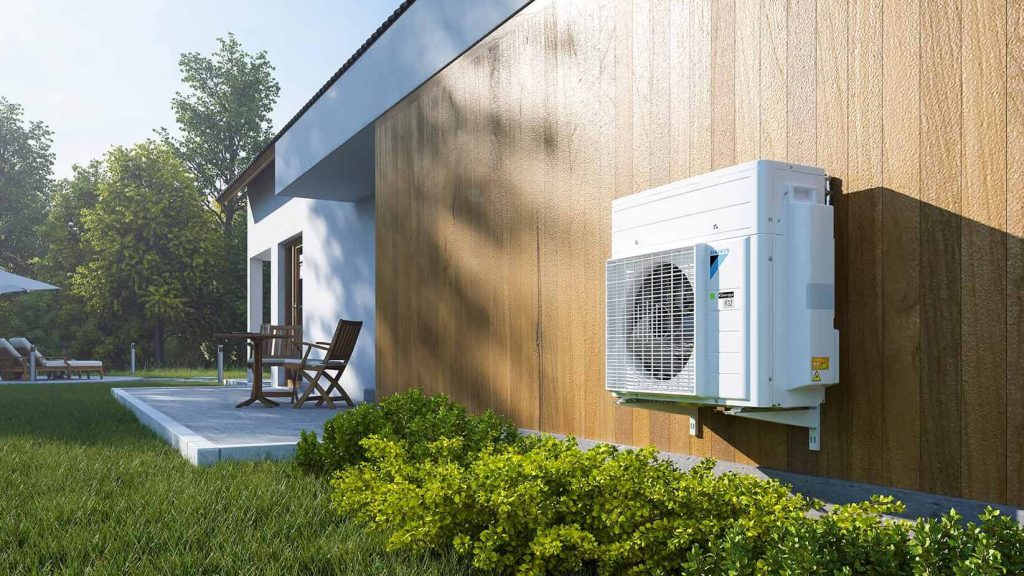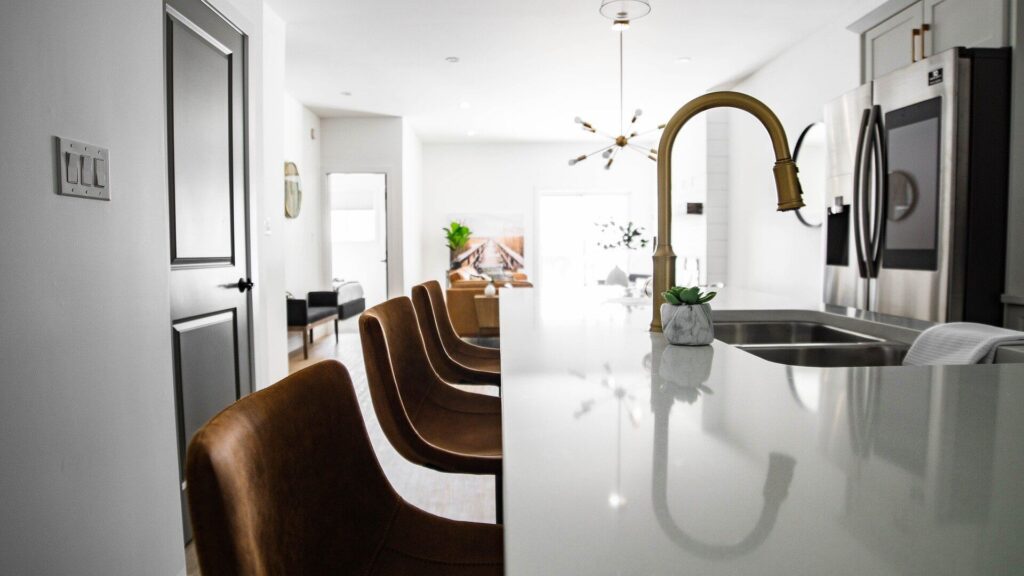Behind the scenes of airport developments

Estimated reading time 3 minutes
Working airside is like no other M&E contract explains Synecore.
With so many threats to the UKs major airports, security is maximized not just for passengers, but mechanical and electrical contractor, Synecore says, airside retail developments are like a military operation, with the planning taking place months before work can begin onsite.
With the hustle and bustle of a busy airport, limited access, strict security checks and health and safety procedures, airside restaurant and retail developments are unlike any other commercial fit out. Synecore has been part of The Restaurant Group’s (TRG) national roll out programs for its major food chains, which include Frankie and Benny’s, Giraffe, Wondertree, Coast to Coast, Halo Fizz Bar and Comptoir Libanais. The M&E firm’s ability to deliver airside developments with minimal disruption and within tight timescales is hugely favoured by the restaurant giant, enabling them to begin trading within as little as 11 weeks.
Understandably, safety in airports couldn’t be more of a priority for The Ministry of Transport Security. The tradesmen onsite, who are a combination of Synecore’s own staff and trusted sub contractors, undergo criminal record and employment checks for the last five years. While materials, tools and access equipment are thoroughly inspected 48 hours ahead of work beginning onsite.
“Should any equipment fail the security checks, work onsite can be significantly set back, costing the client time and money,” explains Adrian Eade, contracts director at Synecore. “We have worked airside for many years and know what to expect, but the procedures at each airport can vary drastically, even the individual terminals can have different requirements, resulting in rigorous planning before we even step foot onsite.
“We have to stick to a very strict schedule, as access onsite is significantly limited and storage is lacking. We use the bare minimum, bringing in equipment at exactly the right time that it’s needed. If anything is forgotten, it will be another 48 hours before it can be cleared.”
Airports are a confined space with thousands of passengers and staff passing through each day, therefore fire risks are a huge concern for any airside development. They require a very high standard of installation and all cabling and equipment must be low smoke, zero halogen and fully contained. For optimum safety Synecore only uses metal conduit for all cable casing – its non toxic and completely fire resistant.
“Having the right workforce is essential to any airside development. Using metal conduit is time consuming and requires skill. For that reason we use a team of four to six tradesmen – that’s more than double the workforce required for a standard high street installation,” explains Eade.
Synecore has completed fitouts in the UK’s major airports for TRG, including Heathrow, Gatwick, Stansted and Birmingham, each with different security requirement and health and safety procedures. The firm’s most recent airside development was TRG’s Wondertree at Gatwick Airport, known for its colourful and contemporary interior, with illuminated trees throughout. Working alongside shop fitters, Allan Nuttalls, the project took 12 weeks to complete onsite, six electricians, who underwent health and safety inductions to meet the airports requirement, and two months of planning.
To find out more about Synecore and the services it offers call 0845 241 4953.



